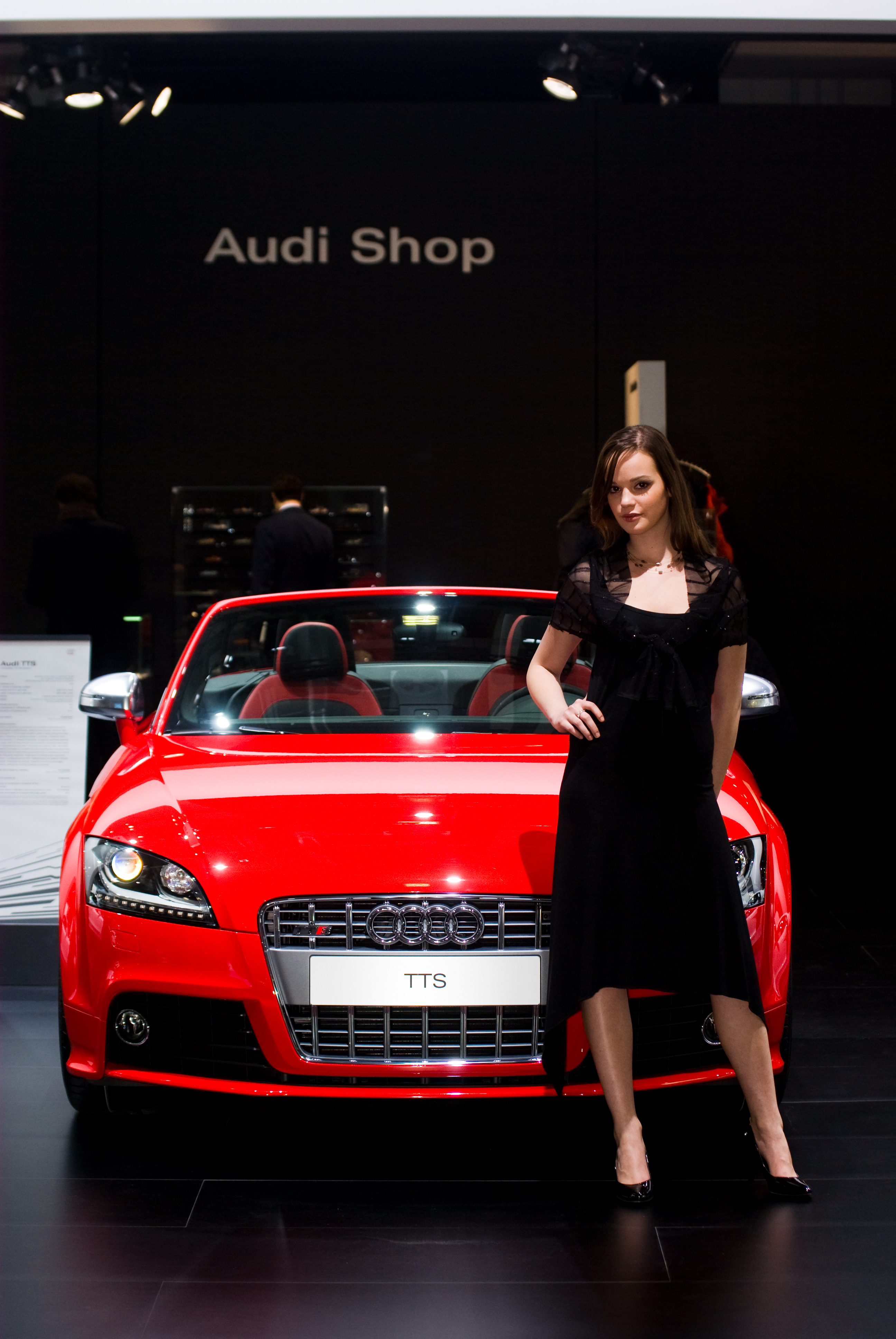Tracking Experiential Marketing Effectiveness Through Social Media Analysis
Why Experiential Marketing Cannot Be Ignored by Luxury Brands

When it comes to marketing luxury brands and products, a different approach is required than what is typically used for products intended for a mass audience. While products consumed by a mass audience can be advertised on the basis of competitive price points, luxury products must be promoted with appeals of a different kind entirely. It is for this reason that experiential marketing is practically an indispensable part of any luxury brand’s marketing mix.
Luxury brands have, in fact, long used some of the basic principles of experiential marketing. For instance, the interior of the high-end corporate banking firm SEB (in Germany) has been designed to evoke certain feelings in those who visit. As marketing professors Glyn Atwal and Alistair Williams put it: “Customers are greeted personally in an area of open space, dark wooden floors and subtle lighting. Against a backdrop of easy-listening music, customers can sip cappuccinos in a Starbucks-feel café, surf at one of the internet terminals or simply catch the latest news headlines from one of the TV monitors.”
Here, in this upscale banking institution, emotions are generated in visitors through careful and strategic use of experiential design — producing an aura of prestige, of exclusivity, of importance.
Yet luxury brands — if they are to remain competitive and on financially sound footing, at least — must do more than just incorporate a few experiential aspects in their branding. They must, instead, take full advantage of the undisputed capacity of experiential marketing to maintain a luxury brand’s market dominance. In short, because a vast number of luxury brands indulge in some experiential aspects, luxury brands wishing to actually stand out must become full-fledged experiential marketing converts.
As the sphere of marketing affair currently stands, a great number of luxury brands have remained content to merely flirt with the idea of experiential — adding a few experiential aspects in corporate or storefront interiors, creating a few events, and so on. Meanwhile, brands like BMW and Audi have the courage to adhere to a more complete experiential marketing strategy.
These luxury brands will consistently outstrip luxury brands that don’t have the foresight to begin executing a comprehensive experiential marketing strategy. This becomes an especially salient point when one considers the increasing sophistication and rapid evolution of high technology across all industries. With a greater number of technologies that allow brands to forge strong emotional bonds with consumers (think virtual reality, for example), experiential marketing will only become more effective as time goes by.
Many luxury brands will be left in the dust. But others will be quick to adapt — and adopt a marketing strategy that reflects the complete capabilities of experiential marketing.




